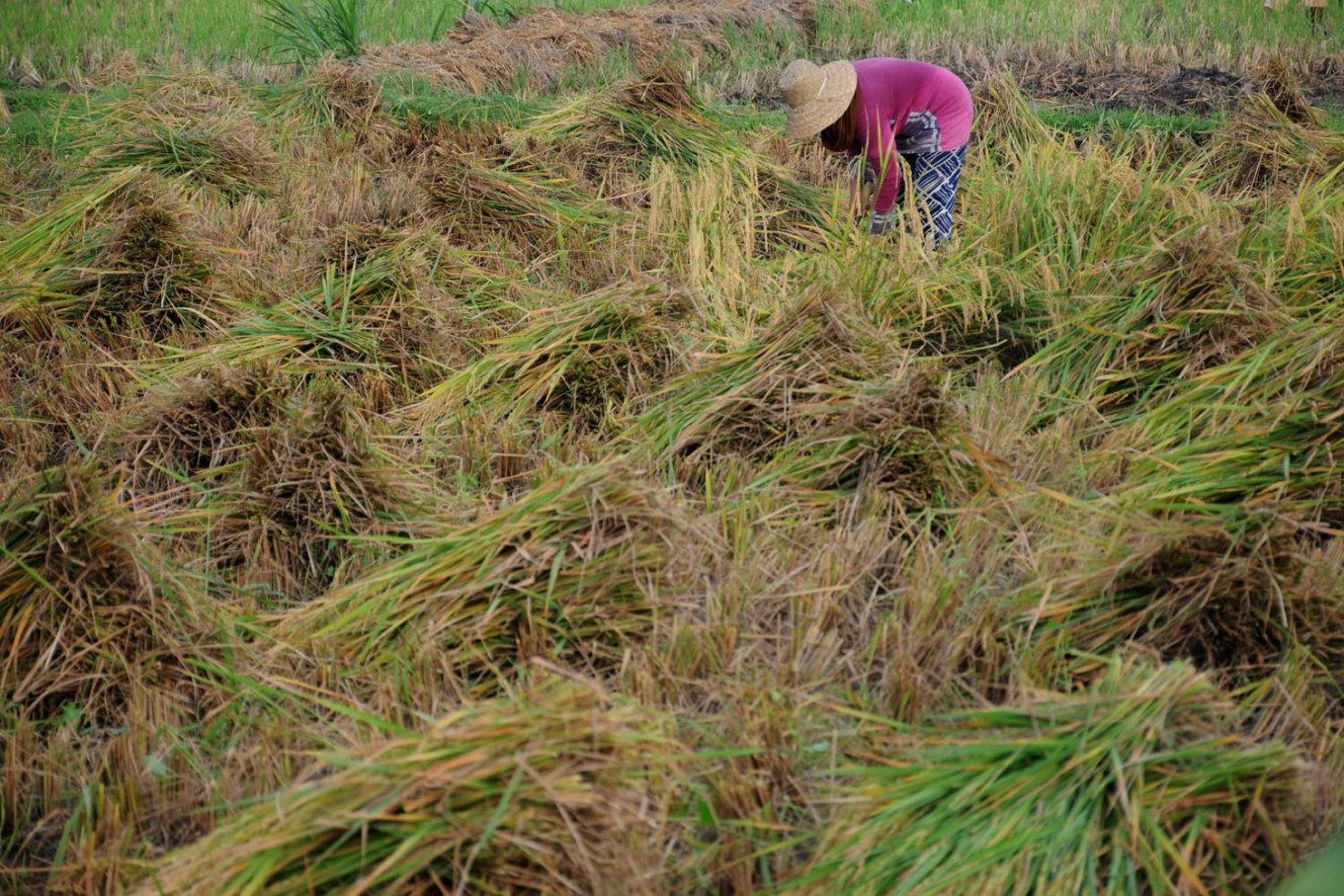
Farmers benefit from e-learning despite lackluster internet access
by Made Anthony IswaraFebriansa, 27, said he was cautious at first when instructors from the Environment and Forestry Ministry invited him and fellow farmers in Kelubi village, Manggar, Bangka Belitung Islands, to join an online farming course.
He was worried that farmers in his village lacked the facilities and stable internet connection needed to take part in the program. But a few participants managed to sit in on the session using their own means, he said, adding that a friend of his had borrowed his nephew’s phone to participate.
“Fix the internet connections and expand Wi-Fi hotspots in regions, be it in village halls or meeting halls. And this could span across Indonesia,” said Febriansa, suggesting ways the government could improve the e-learning program.
Still, he said he had a good impression of the new program as he had discovered techniques to increase local farming capacity and had learned about the agriculture market.
Febriansa was one of the participants in the ministry’s new e-learning initiative for farmers affected by COVID-19. The 25-hour, 4-day training course was held in multiple batches from April 27 to June 18 to educate around 3,000 farmers across Indonesia who are under the social forestry farmers working groups supervised by the environment ministry. The program also promotes awareness on COVID-19 and how to act when someone is exposed to the disease.
''We will continue to encourage forest farmers to increase their production, because there is also more demand now. That way, the people's economy keeps going as they face challenges during the coronavirus pandemic, '' Environment and Forestry Minister Siti Nurbaya in a statement late last month.
For many farmers, online learning may become the "new normal" to increase their knowledge over the next few months, as the government has said that physical distancing and mask-wearing were likely here to stay.
Yet, in a broader context, Febriansa village’s struggle reflects the slow progress on creating wide and affordable internet access in Indonesia, with a recent study by the Economist Intelligence Unit (EIU) ranking Indonesia 57th of 100 countries on the Inclusive Internet Index. The infrastructure deficiencies jeopardize development programs for rural Indonesians.
Indonesian Farmers Union (SPI) head Henry Saragih said farmers tended to have limited access to the internet and smartphones, which in turn limited the range of potential participants in such online initiatives.
Agriculture instructors also have their fair share of struggles. Instructor Iqbal Amiruddin Ihsan, 28, said the program had gone smoothly in Bandar Lampung, Lampung, but he added that he initially struggled to find farmers that own smartphones. He said farmers’ unfamiliarity with technology made the teaching process more difficult, including when he gave them a walkthrough of using teleconferencing application Zoom.
“In addition to a lack of technological knowhow, many of our local farmers are also above the age of 40 or 50 years and struggle to learn quickly,” he said, adding that the participants gradually became accustomed to the system as they joined more sessions.
He recommended that the government increase the bandwidth and improve network coverage for future classes. The government could also invite independent tutors from the private sector to provide broader insight.
Responding to such concerns, the ministry’s social forestry and environmental partnership director general, Bambang Supriyanto, said farmers who did not own a mobile phone could use the instructors’ laptops for up to five farmers per device. He also provided assurances that the instructors and participants would maintain a physical distance and use masks to prevent COVID-19 spread.
He said long-distance learning would motivate farmers and eventually increase their productivity.
The ministry will also give farmers Rp 800,000 (US$54.2) as "pocket money" to help those affected by COVID-19 meet their daily needs during the training, as well as to pay for communication and transportation expenses if the farmers must travel elsewhere to connect to the internet.
About 6,940 farmers are currently signed up with the ministry's social forestry working groups as of March 22.
Aside from distance learning, the ministry has bought 7,000 packs filled with various forestry products from local farmers, among other measures that aim to help them cope with the COVID-19 epidemic.
The ministry will also soon distribute a stimulus, where 1,000 farmer groups could obtain Rp 50 million per group to fund their farming needs and 270 others could get assistance in adding value to their commodities, Bambang said.
Swary Utami Dewi, one of the e-learning tutors, said she was impressed and happy to see the farmers’ motivation during the learning sessions. She considered the program’s first batch on April 27 to 30 to be successful and said the participants had experienced a “new normal” by resorting to distance learning.
“There were many funny experiences, like some of them being confused about how to use Zoom and [forgetting] to turn off the sound or the screen,” she said.
If you want to help in the fight against COVID-19, we have compiled an up-to-date list of community initiatives designed to aid medical workers and low-income people in this article. Link: [UPDATED] Anti-COVID-19 initiatives: Helping Indonesia fight the outbreak